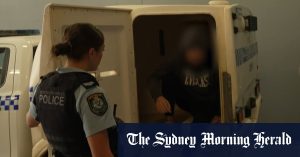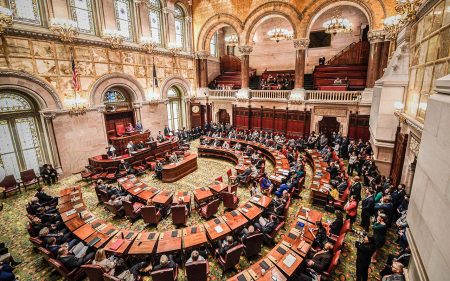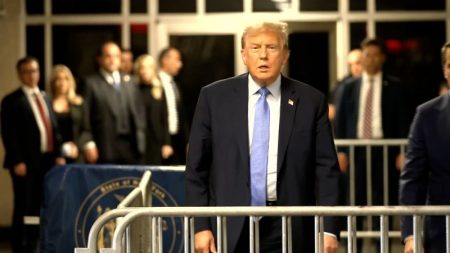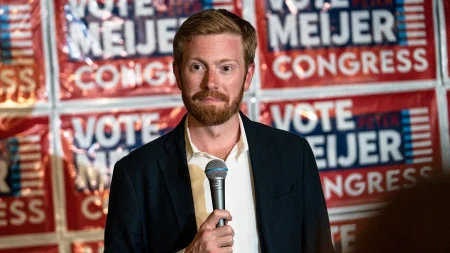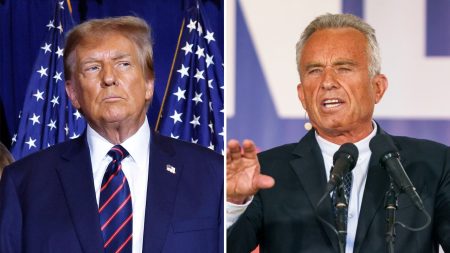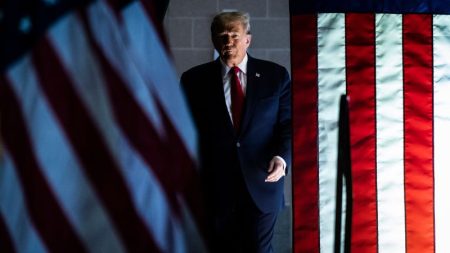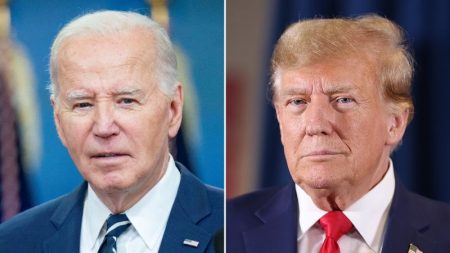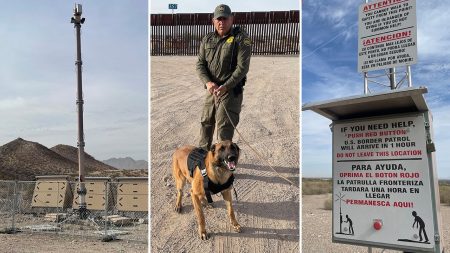In a hearing at Fulton County Superior Court, lawyers for former President Trump and co-defendants argued that the election interference case against him should be dismissed, citing First Amendment protections for political speech. This follows an order by Judge Scott McAfee to have special counsel Nathan Wade removed from the case due to a romantic affair with District Attorney Fani Willis. Arguments were presented regarding motions from Trump and co-defendant David Shafer, the former chairman of the Georgia Republican Party, who assert that they acted legally when signing a certificate stating that Trump won the 2020 presidential election in Georgia. Trump’s lawyer, Steve Sadow, claimed that all allegations against Trump are political speech and should be protected.
Sadow referenced a dissent in the United States v. Alvarez Supreme Court case, in which Justices Clarence Thomas and Samuel Alito argued that challenging established consensus is a valuable contribution to public debate even if it involves false statements. Sadow highlighted that the essence of the case against Trump is that his alleged false statements are being used to strip away his First Amendment protections. The argument presented by the defense is that the state is attempting to rewrite the indictment to remove inconvenient parts and focus solely on speech-related allegations. The state’s lawyer countered this by emphasizing that Trump was part of a criminal conspiracy to overturn election results, involving violations of various laws, and was not simply asking questions.
The charges against Trump, which include the Georgia RICO Act, solicitation of violation of oath by a public officer, and conspiracy to commit forging and filing false documents, were brought in August. In March, Judge McAfee dismissed six of the charges due to insufficient detail in the allegations related to solicitation of violation of oath by a public officer. The state’s argument is that Trump was involved in a broader criminal conspiracy beyond making false statements, which included attempts to overturn election results by illegal means. Fani Willis, the District Attorney prosecuting the case, has stated that she is the only prosecutor in the US with enough courage to pursue the case against Trump.
Overall, the defense’s position is that Trump’s actions and statements, even if false, are protected under the First Amendment as political speech. They argue that the state is selectively focusing on the speech-related aspects of the case while ignoring other criminal activities allegedly committed by Trump. The state, on the other hand, maintains that Trump was part of a larger conspiracy aimed at overturning election results through illegal means. The case raises complex legal questions about the balance between protecting free speech and holding individuals accountable for their actions in the context of elections. The outcome of this legal battle will have significant implications for future cases involving political figures and their statements.

